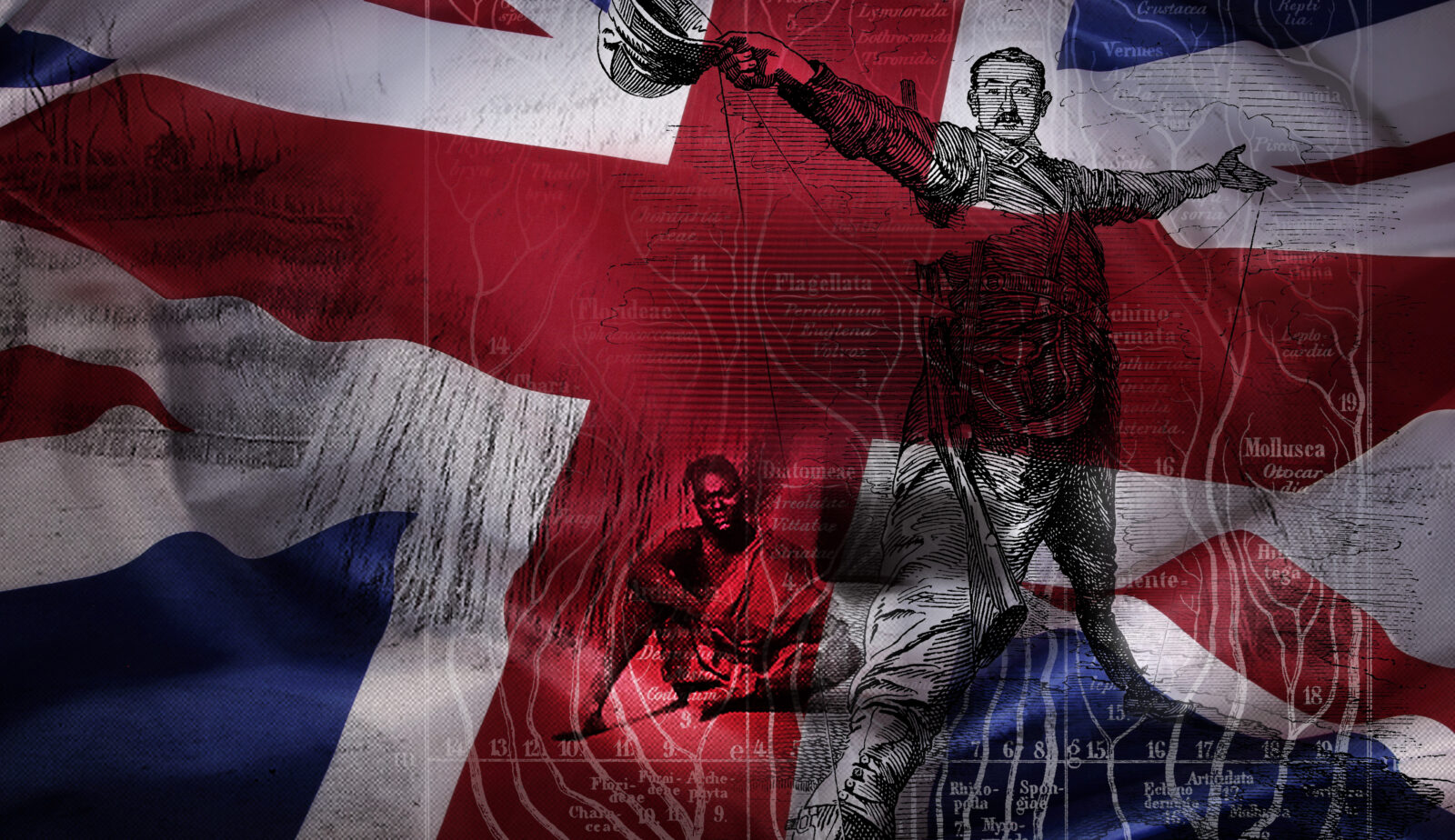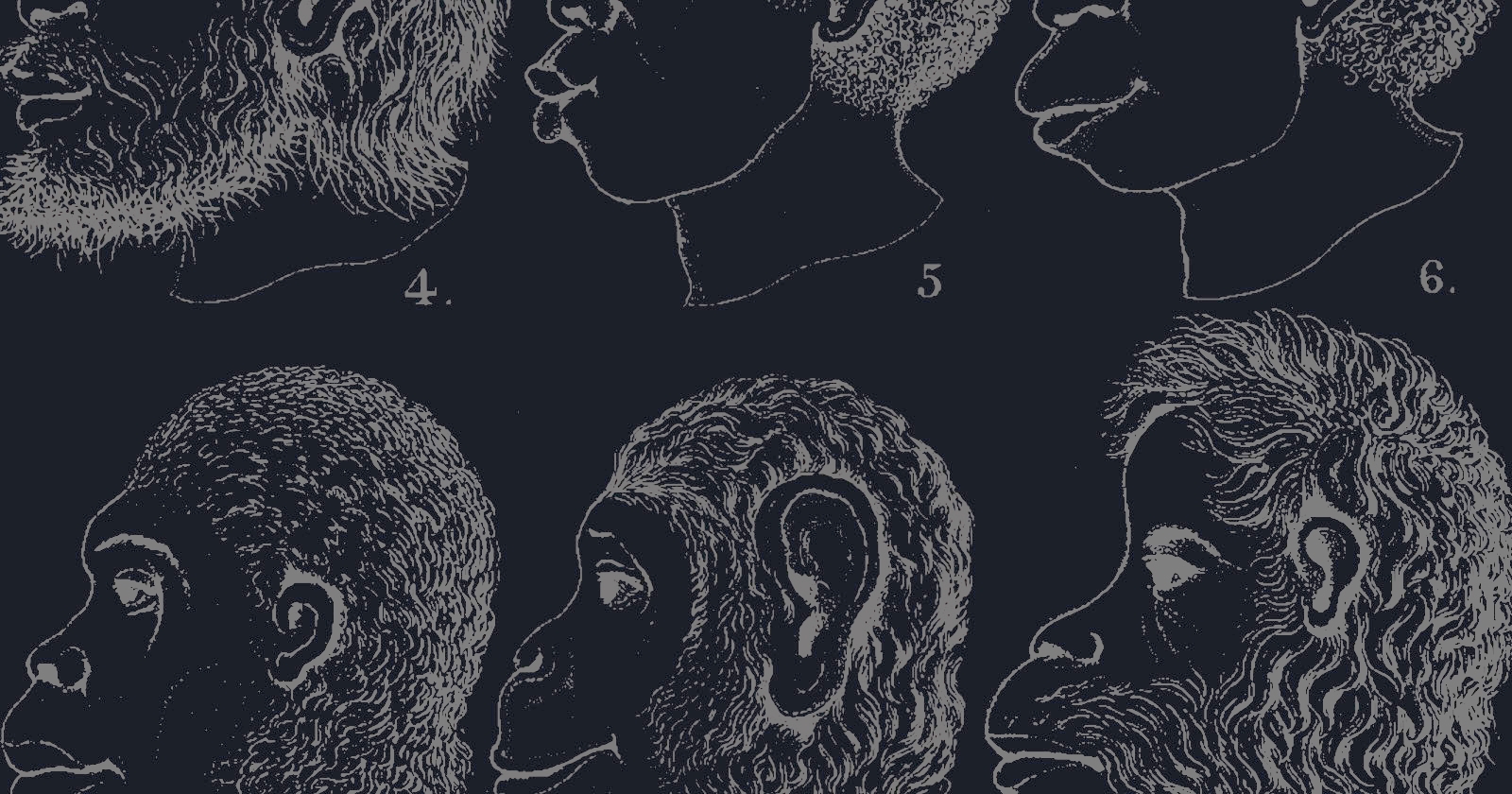On this ID the Future host Casey Luskin interviews science journalist Denyse O’Leary about her recent essay, “Is Evolutionary Psychology a Legitimate Way to Understand Our Humanity,” which appears in the new Harvest House anthology co-edited by Luskin, The Comprehensive Guide to Science and Faith. O’Leary, a science journalist and co-author of The Spiritual Brain, offers a withering critique of evolutionary psychology and traces its roots, beginning with The Descent of Man (1871), where Charles Darwin attributed various human behaviors to natural and sexual selection. That fed into what became known as social Darwinism, which fell out of favor after World War II thanks to Hitler and the Nazis’ application of social Darwinist ideas to defend Nordic superiority and genocide. The ideas resurfaced in modified form under the banner of sociobiology, and then later still, as evolutionary psychology. This latter manifestation, O’Leary says, marks the most comprehensive attempt to explain the various facets of human behavior in evolutionary terms, but its comprehensiveness has not won it widespread acceptance. Far from it. The field is quick to offer explanations for why we do what we do, but it has left a train of blunders in its wake. So for instance, evolutionary psychologists claimed that we associate pink with little girls and blue with little boys due to the sex-based division of labor among our primitive ancestors over the course of millions of years of evolutionary development. In primitive societies the girls gathered fruit (pink when ripe), and the boys fished (and blue is associated with water). Mystery solved? But wait. In Victorian England, pink was associated with boys and blue with girls. Do we have an evolutionary explanation for that as well? Give any reasonably creative company of evolutionary psychologists an evening and a twelve-pack, and they’d probably be able to dream up a sure-fire evolutionary explanation. Evolutionary psychology, with its ability to explain everything and its opposite, convincingly explains nothing. According to O’Leary, distaste for the field stretches well beyond the company of Darwin dissenters. Most evolutionists steer clear of evolutionary psychology, and even some who probably count themselves as fully paid-up members of the Darwinian materialist guild openly criticize it. Thus it seems that if we want to effectively explain human behavior in all its messy richness, we would do well to look beyond the box of just-so stories built from Darwin’s toolkit of natural and sexual selection.







